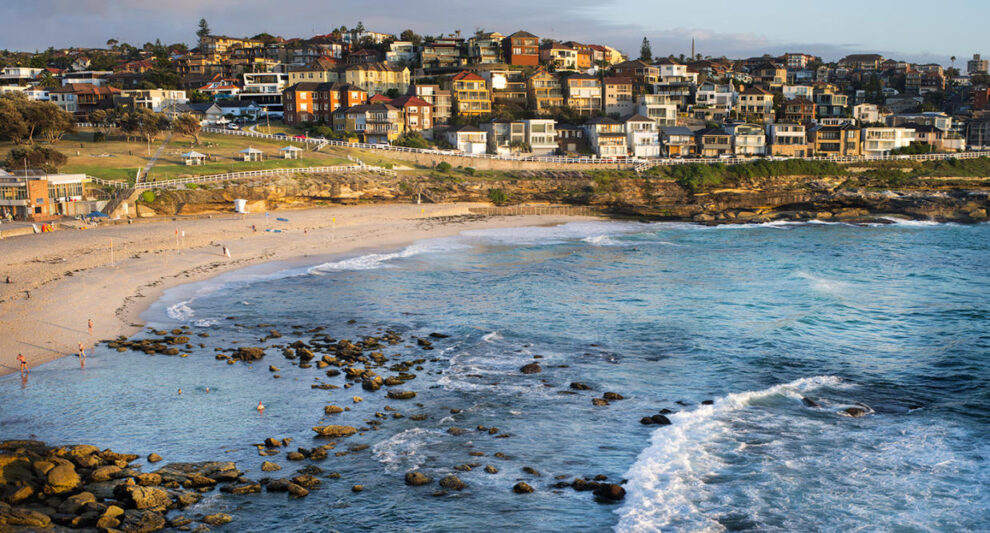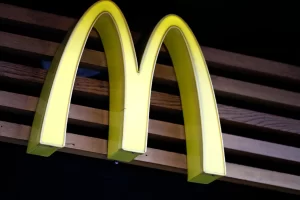A major, multi-agency operation is underway in Queensland to remove tens of thousands of tiny pieces of plastic that spilled from a CSIRO facility on Monday, blanketing beaches and flowing directly into the ocean.
The CSIRO blamed a “water pipe breach” for the spill, which has seen approximately 40,000 individual pieces of “biomedia” — a “non-toxic” plastic that is used in the filtration of water for aquaculture research — trickle into the sea and along the coastline at Bribie Island.
“Approximately 40 litres of small plastic objects known as biomedia were released into a wastewater well and flushed into the sea which have washed up on the beach,” the CSIRO said in a statement.
Wildlife experts have aired serious concerns over the potential impact on the local wildlife, with the plastic pieces, roughly the size of a 5 cent coin, easily mistaken for food.
A still photo from an ABC video of the rescue operation shows the immense task at hand, with the tiny pieces almost invisible on the near-white sand as desperate efforts to recover them all continue.
Plastic debris will cause ‘life-threatening’ injuries
Shane Cucow, plastics campaign manager at the Australian Marine Conservation Society (AMCS), said the CSIRO does “so much good work in reducing plastic pollution in the ocean”, but he is worried about the impact of this “accidental” spill on native wildlife.
“So we know that seagulls, dugongs and native fish will accidentally eat these plastics,” Mr Cucow told Yahoo News Australia. “And unfortunately, they can cause internal injuries. Ingesting just one piece of plastic has a 22 per cent chance of killing a turtle, according to University of Queensland research.”
Mr Cucow said generally, it tends to be through a build-up of plastics in the stomach that causes a critical blockage in animals, but given the amount that had been released it “absolutely can cause a life-threatening injury”.
“It is likely going to be very difficult to be able to recover all of the plastic pieces that will flow into the ocean,” he said. “Unfortunately, small pieces of plastic can travel a very long way, particularly if they float easily, which makes it very difficult to recover plastics when they’re out in the oceans.”
CSIRO covering cost of clean-up
Speaking to Yahoo News, a spokesperson for the CSIRO confirmed a clean-up is underway.
“CSIRO is working with the Queensland Department of Agriculture and Fisheries and the Moreton Bay Regional Council to manage the incident. The council organised machinery which has been clearing the biomedia from Woorim beach, and CSIRO has committed to covering this cost,” a spokesperson said.
“CSIRO has operated aquaculture research at the site for 12 years without incident, and has well established protocols in place around the environmental management of its facilities. A response plan has been activated to manage the incident.
We would like to thank the residents and local groups who have helped to collect the biomedia from beaches.”
Yahoo News Australia has contacted Moreton Bay Council for comment regarding the clean-up, which is expected to take some time.
According to the International Union for Conservation of Nature (INCN), of the 400 million tonnes of plastic produced every year globally, at least 14 million will end up in the ocean, with plastic making up 80 per cent of “all marine debris found from surface waters to deep-sea sediments”.
Source : Yahoo News



























